L-GLUTAMINE
€ 24.95
L-Glutamin
L-glutamine (2-amino-4-carbamoylbutanoic acid) is the most abundant non-essential amino acid in the human body. Endogenous synthesis is greatest in muscles, liver, adipose tissue and brain. In certain circumstances (during periods of recovery, during heavy physical exertion) the synthesis of glutamine may not be sufficient to meet the need. Therefore, glutamine is counted among the semi-essential or conditionally essential amino acids.


 Deutsch
Deutsch فارسی
فارسی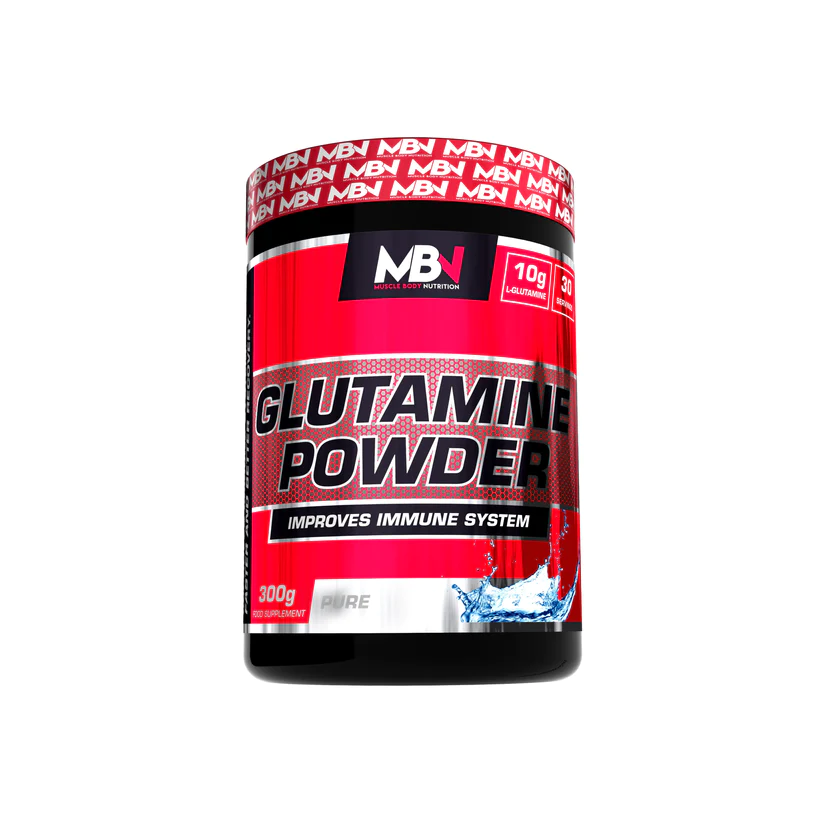
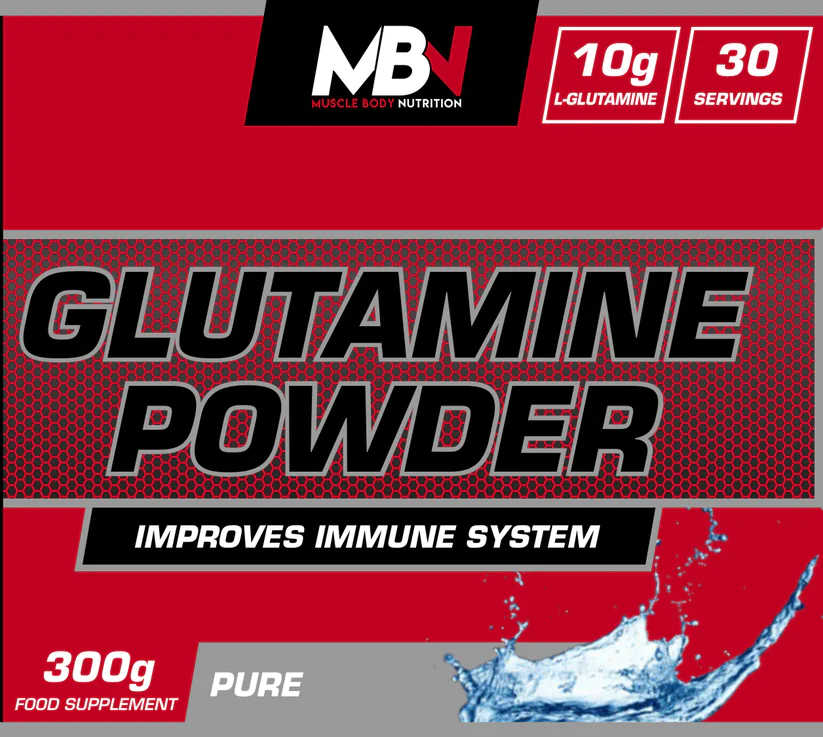
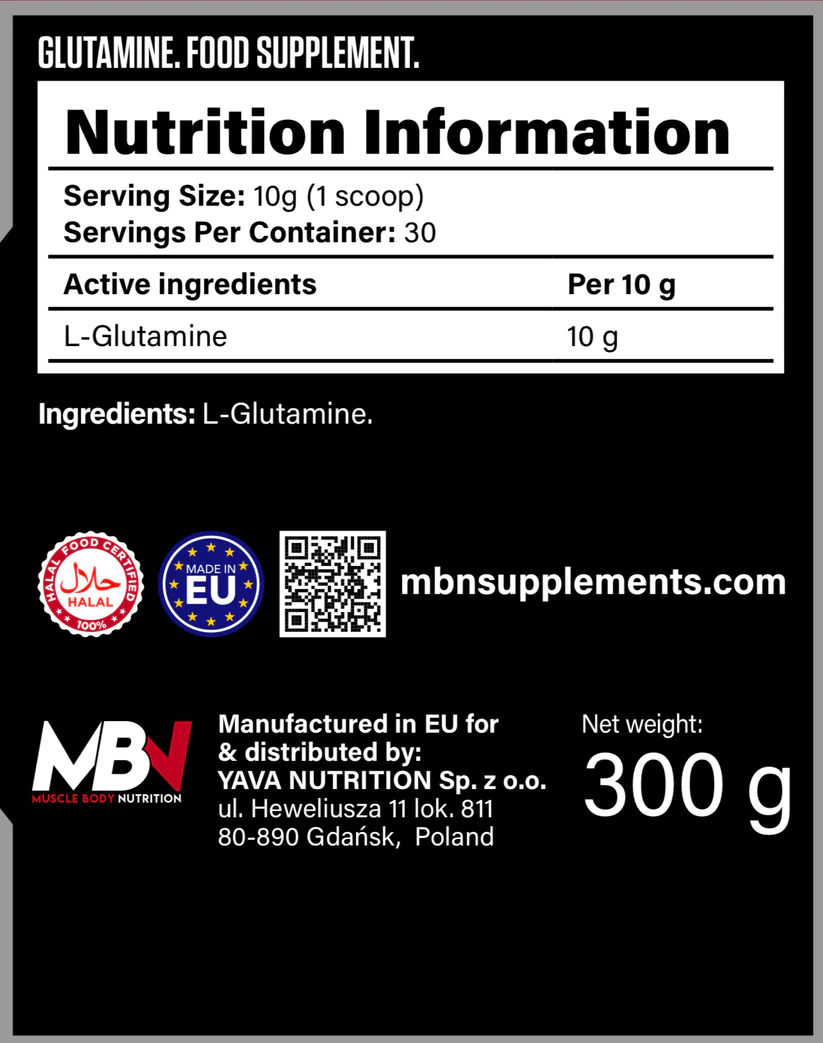

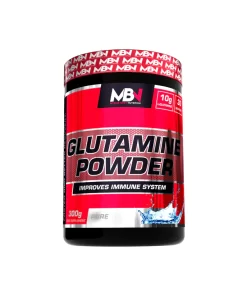

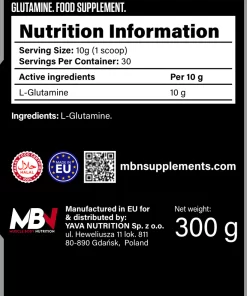
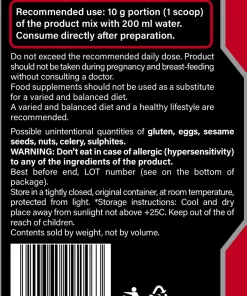

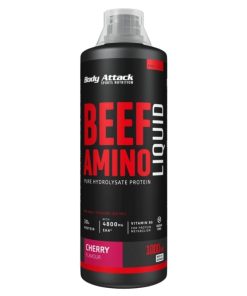
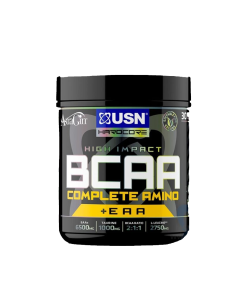
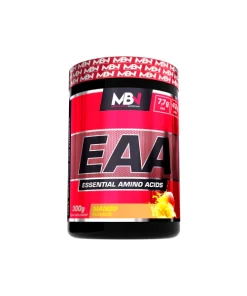
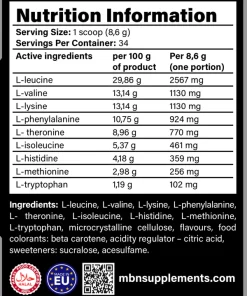


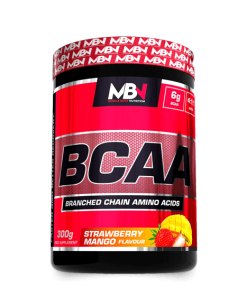

Reviews
There are no reviews yet.